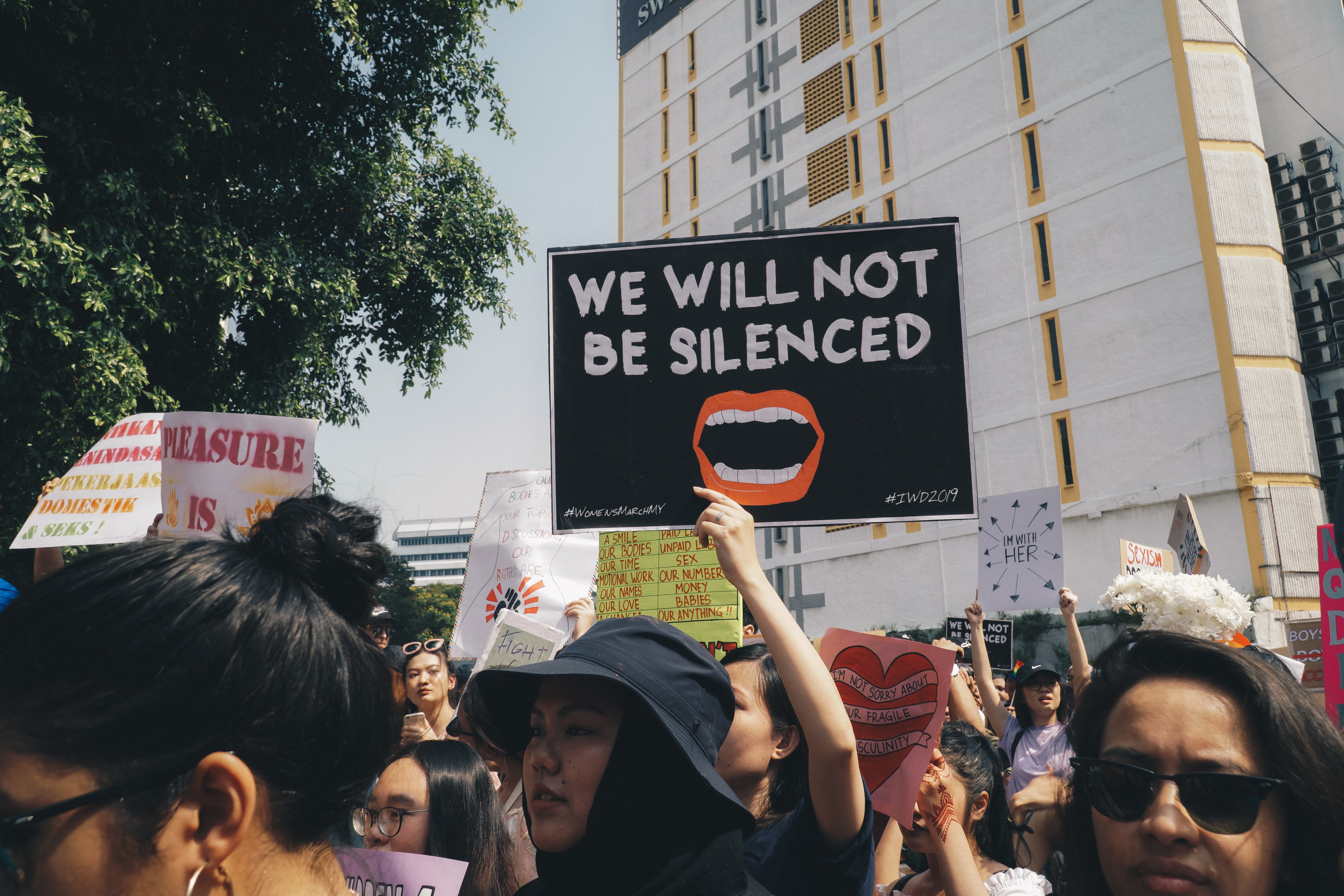HOW TO HEAL POST-BREXIT?
2 February 2020
51.9% voted to leave. 48.1% voted to remain. The result? We left the European Union on Friday 31 January at 2300.
With such a close vote, there are as many disgruntled people as there are happy. The myriad of news and public interest broadcasts presenting opposing views suggests this is an exceptional disagreement, the likes of which has never been seen before.
In truth, Brexit has highlighted just how much any conflict, irrespective of size, has in common. The size and complexity of the matter in dispute makes little, if any, difference. If it’s personal and affects ME then there is a side that needs to be heard.
Listening to the radio on February 1, I heard young people feeling their futures had been taken away or inhibited by the old guard who had no right to take away the benefits presented by the EU.
So, in this context, what does healing look like?
Culturally, British politics and public discourse tend to be adversarial. The House of Commons is designed to pit one side against the other. Compromise is often portrayed as weakness. Consensus-building seen as alien to our political tradition.
But healing doesn’t have to mean conceding the argument. It is about understanding and valuing the views of people with whom you don’t agree.
The joy of our work is helping individuals and teams realise they absolutely can influence and collaborate on what the future looks like following any decision.
It is not about trying to change people’s minds or prove them wrong. It is about “respectful disagreement”.
As with the resolution of any conflict, we are now at a point where a decision has been made.
There will be a slow realisation that this cannot be changed, and people need time to reflect and recognise the futility of trying to stop what can’t be changed. As time heals there will be a change in attitude and approach as people begin to look to the future and start working through the different and options available to them.

Healing starts with understanding and valuing the views of people with whom you disagree.
Photo by Michelle Ding on Unsplash
Much of what we do at The Resolution Centre is help people face up to decisions that they are unable to influence; whether it’s your spouse pressing ahead with a divorce, your workplace changing from individual offices to open plan and hot desks or the the referendum on the European Union in 2016. At some point all of these situations became decisions that people have to accept and live with. The joy of our work is helping individuals and teams realise they absolutely can influence and collaborate on what the future looks like following any decision.
In any period of healing, having certainty is one of the most important ingredients. There is often, even with conflicting views, more that we have in common. That is not to say that everyone will agree on everything, but it is more likely there will be some common ground where people can gather to explore the aspirations and values they share.
What’s really important to you? How can you ensure that the future is a place you understand and want to be a part of, or simply that it’s your time to change and pursue a different path?


